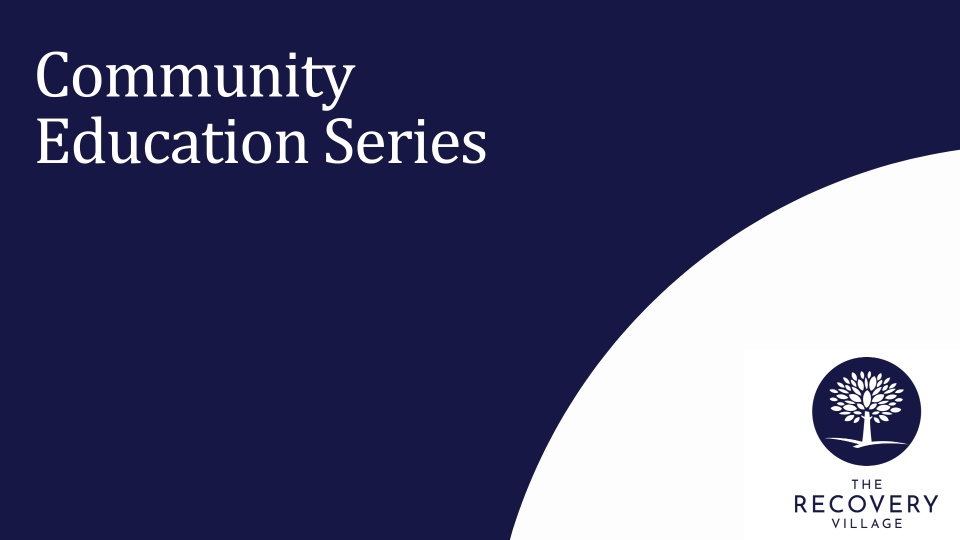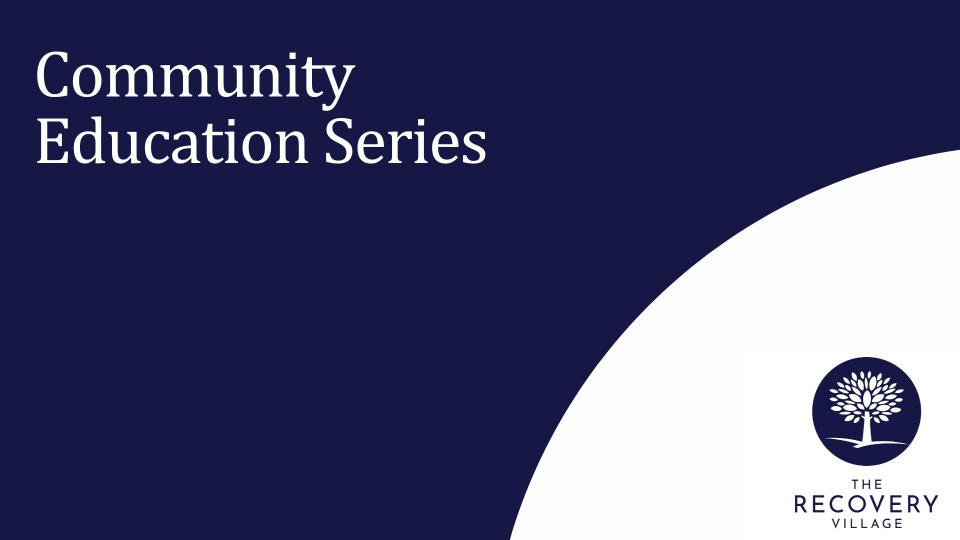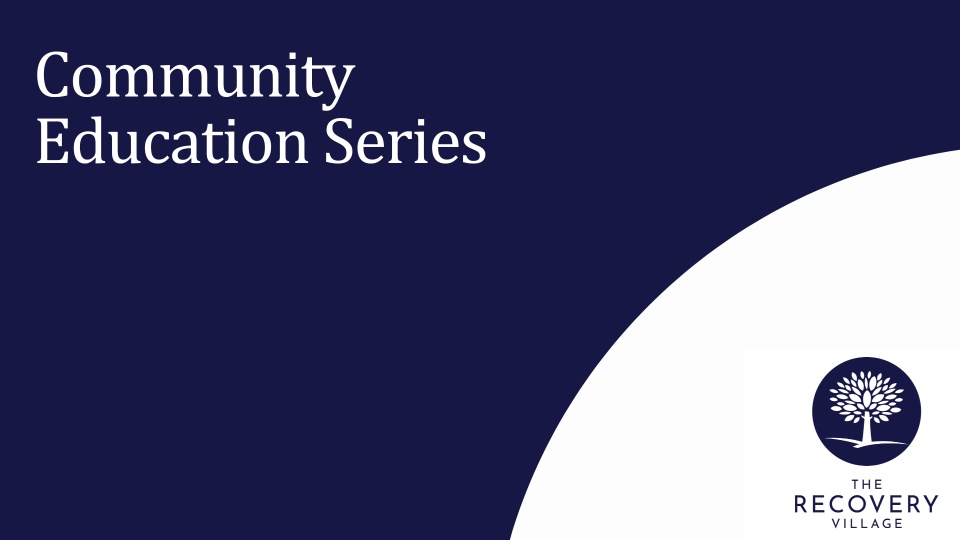Estimated watch time: 57 mins
Available credits: none
Objectives and Summary:
In this community education webinar, Sandee Nebel, LMHC, discusses the impact the COVID-19 pandemic is having on people’s mental health and recovery process, and then reviews different strategies, tools and resources to manage stress and meet your emotional health needs.
After watching her presentation, the viewer will be able to:
- Understand the different stressors, thought processes and experiences COVID-19 brings up and how they impact a person’s recovery and mental health
- Access a series of strategies to practice self-compassion, combat stress and change all-or-nothing thinking
- Name examples of resources available for support, guidance and relaxation









